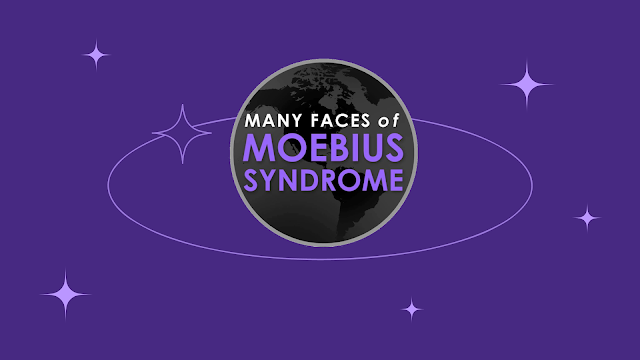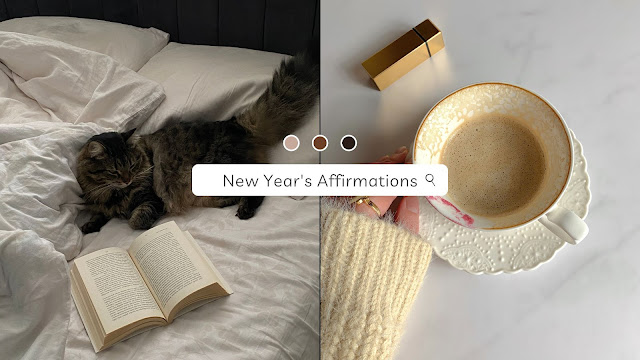Everyone should read this book that shares in question and answer form, the whys and hows of what it is like to be on the autism spectrum. I walked away understanding that the majority of what people with autism experience is worry about how their typically-presenting family and friends feelings. Question after question was answered by Naoki with some form of my-body-and-mind-are-calling-me-to-do-this-thing-and-all-the-while-I am-concerned-about-how-others-around-me-feel. This quotation from the book is exactly what I am talking about,
“On our own we simply don't know how to get things done the same way you do things. But, like everyone else, we want to do the best we possibly can. When we sense you've given up on us, it makes us feel miserable. So please keep helping us, through to the end.”
Read more about this book and explore other quotations by Naoki on Goodreads.
Mixed in throughout this book are stories that Naoki writes. They read something like fables, or perhaps this reader was looking for a lesson in all of his words. The book takes a thoughtful approach to tough topics by allowing the autistic person to imagine the questions people may have and answering them himself. This is true empowerment. Claiming the questions for themselves before they turn into a hurtful interrogation. Claiming the self is the most powerful thing a person can do. Naoki does this and speaks for thousands of people with autism and folks on the spectrum. Why does he jump? To feel more connected to his body, the world and his sacred existence. Naoki writes, "When I’m jumping, I can feel my body parts really well, too—my bounding legs and my clapping hands—and that makes me feel so, so good.”
His advice for people supporting those on the spectrum includes these sage words. “But I ask you, those of you who are with us all day, not to stress yourselves out because of us. When you do this, it feels as if you're denying any value at all that our lives may have--and that saps the spirit we need to soldier on. The hardest ordeal for us is the idea that we are causing grief for other people. We can put up with our own hardships okay, but the thought that our lives are the source of other people's unhappiness, that's plain unbearable.”
While this paragraph reads as sad, it does give us information so we can change our actions and not cause more harm or hardship to those we love on the spectrum. If you would like to read more about autism, aspergers, and other sensory integration experiences, check out books by Temple Grandin including "The Way I See It" and "The Autistic Brain," Jodi Picoult's, "House Rules," and my next romance read, The Kiss Quotient" by Helen Hoang.

.jpg)








